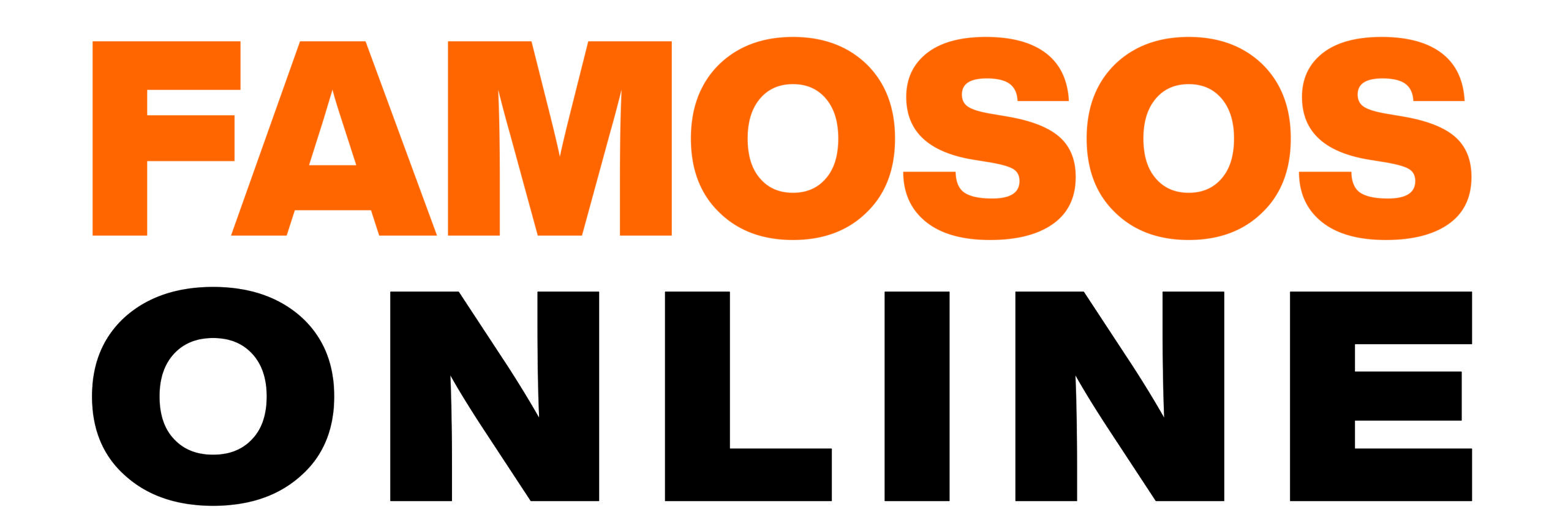Enhanced due diligence is a due diligence based on risk procedure that allows companies to efficiently manage transactions and customers that are high-risk while remaining in compliance with the regulatory requirements. When properly implemented, it protects businesses from serious legal and reputational harm while ensuring that their Anti-Money Laundering (AML) and Customer Due Diligence (CDD) procedures are effective in combating financial criminality.
EDDs are typically required in cases where a transaction or a customer is deemed to be high risk because of complex ownership structures or political risk. They can also be required when the customer is in an industry prone to financial crime or money laundering. In addition any significant change in customer behavior like an increase in the volume of transactions or a change in the type of transactions could warrant an EDD. Additionally, any transaction that involves a country or region with a higher risk of money laundering and terrorism financing requires an EDD.
EDD focuses on identifying beneficial owners and uncovering hidden risks such as the true beneficiaries in an account or transaction. It also identifies unusual and suspicious patterns of transactional activity and confirms the information by independent interviews and checks, as well as site visits and third-party confirmation. The risk assessment is completed by a thorough examination of the local market reputation via media sources, as well as an existing AML policy.
EDD is more than just a requirement for compliance it’s a vital element of ensuring the integrity of the global financial system. Implementing EDD procedures that are effective is not just an issue of compliance. It’s an investment into the safety and security of the global financial system.
